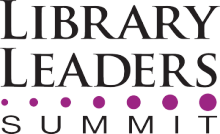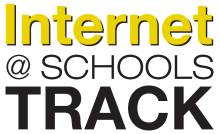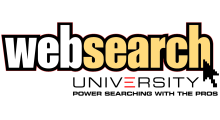|
|
Wednesday, April 18, 2018
D204: Improving Internet Access in U.S. Libraries
3:30 p.m. - 4:15 p.m.While much worthy attention has been paid to improving “last-mile” connectivity for rural and tribal libraries, it’s the last 100 meters (the network inside the building) that is often overlooked and in need of improvement. The IMLS-funded Toward Gigabit Libraries project aims to address that problem through a self-service toolkit suitable for even the most novice of library workers. In straightforward, easy-to-understand language, the toolkit is designed to take lay people through technical concepts and tasks to create a Broadband Improvement Plan for each library. Fresh from the overwhelmingly successful pilot implementation of the toolkit in Kansas, Nebraska, Oklahoma, Texas, Washington, Alaska, Pennsylvania, and Connecticut, Werle and Carson share the results of the pilot, lessons learned, and how this free toolkit applies to libraries of all types and sizes. Johnston discusses how, between May and July 2017, 10.6 million Americans commented favorably on equal access to online information, yet the FCC is seriously considering revoking the 2015 act that protects it. She explains that the ALA has pointed out that readers with internet access only through dial-up services or through community resources are most at risk of receiving limited and/or biased information, as are schools and other nonprofits with limited budgets. If wealthy companies can pay to have their electronic content delivered first and fastest, then nonprofits, new authors, minorities, and public interest groups may lose their ability to reach citizens nationwide. Get some ideas and strategies for how librarians can promote access to all information, not just content that makes money.










